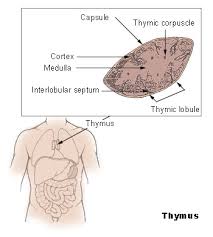Abstract
Skin painting with chemically reactive haptens induces a hapten-specific state of hypersensitivity that is long lasting and can be transferred to unirradiated recipient mice. A similar state of hapten-specific contact sensitivity can be induced by intravenous immunization with hapten-conjugated cells. Thus far, only two cell types have been described that can perform this function: Langerhans cells of the skin, and splenic dendritic cells. All other types, coupled with hapten, induce either tolerance or a short-lived state of contact hypersensitivity that is readily suppressed, and cannot be transferred to normal recipients. In the present experiments, it was demonstrated that culture-enriched, hapten-coupled thymic epithelial cells can also induce a state of stable contact hypersensitivity identical to that induced by skin painting. This provides evidence that thymic epithelial cells have distinctive properties as antigen-presenting cells in vivo. The relationship of this finding to the postulated role of thymic epithelium in T-cell development is discussed.
Britz JS, Jason JM, Ptak W, Janeway CA, Gershon RK
Clin. Immunol. Immunopathol. 1984 Feb;30(2):227-32
PMID: 6229376
Britz-1984-Clin-Immuno-Immunopathol-cultured-thymic-cells